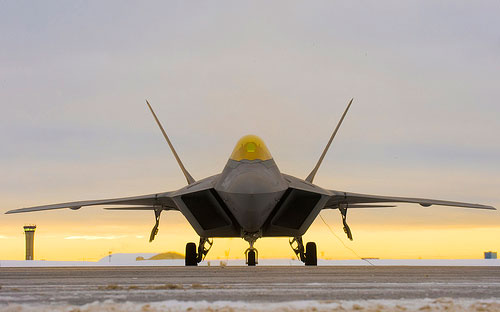When it comes to cracks in America’s imperial edifice—as measured by the ability of other countries to say “no” to Washington, or just look the other way when American officials insist on something—Europe has been garnering all the headlines lately, and they’ve been wildly American-centric. “Gates: Nato, in crisis, must change its ways,” “Pull Your Weight, Europe,” “Gates: Europe’s demilitarization has gone too far,” “Dutch Retreat,” and so on. All this over one country—Holland—which will evidently pull out of Afghanistan thanks to intensifying public pressure about the war there, and other NATO countries whose officials are shuffling their feet and hemming and hawing about sending significant reinforcements Afghanistan-wards. One could, of course, imagine quite a different set of headlines (“Europeans react to overbearing, overmuscled Americans,” “Europeans turn backs on endless war”), but not in the mainstream news. You can certainly find some striking commentary on the subject by figures like Andrew Bacevich and Juan Cole, but it goes unheeded.
The truth is that Europe still seems a long way from being ready to offer any set of firm noes to Washington on much of anything, while in Asia, noes from key American clients of the past half-century have been even less in evidence. But sometimes from the smallest crack in a façade come the largest of changes. In this case, the most modest potential “no” from a new Japanese government in Tokyo, concerning US basing posture in that country, seems to have caused near panic in Washington. In neither Europe nor Asia have we felt any political earthquakes—yet. But just below the surface, the global political tectonic plates are rubbing together, and who knows when, as power on this planet slowly shifts, one of them will slip and suddenly, for better or worse, the whole landscape of power will look different.
John Feffer, the co-director of Foreign Policy in Focus and a TomDispatch regular, already has written for this site on whether Afghanistan might prove NATO’s graveyard. Now, he turns east to explore whether, in a dispute over one insignificant base on the Japanese island of Okinawa, we might be feeling early rumblings on the Asian fault-line of American global power.





